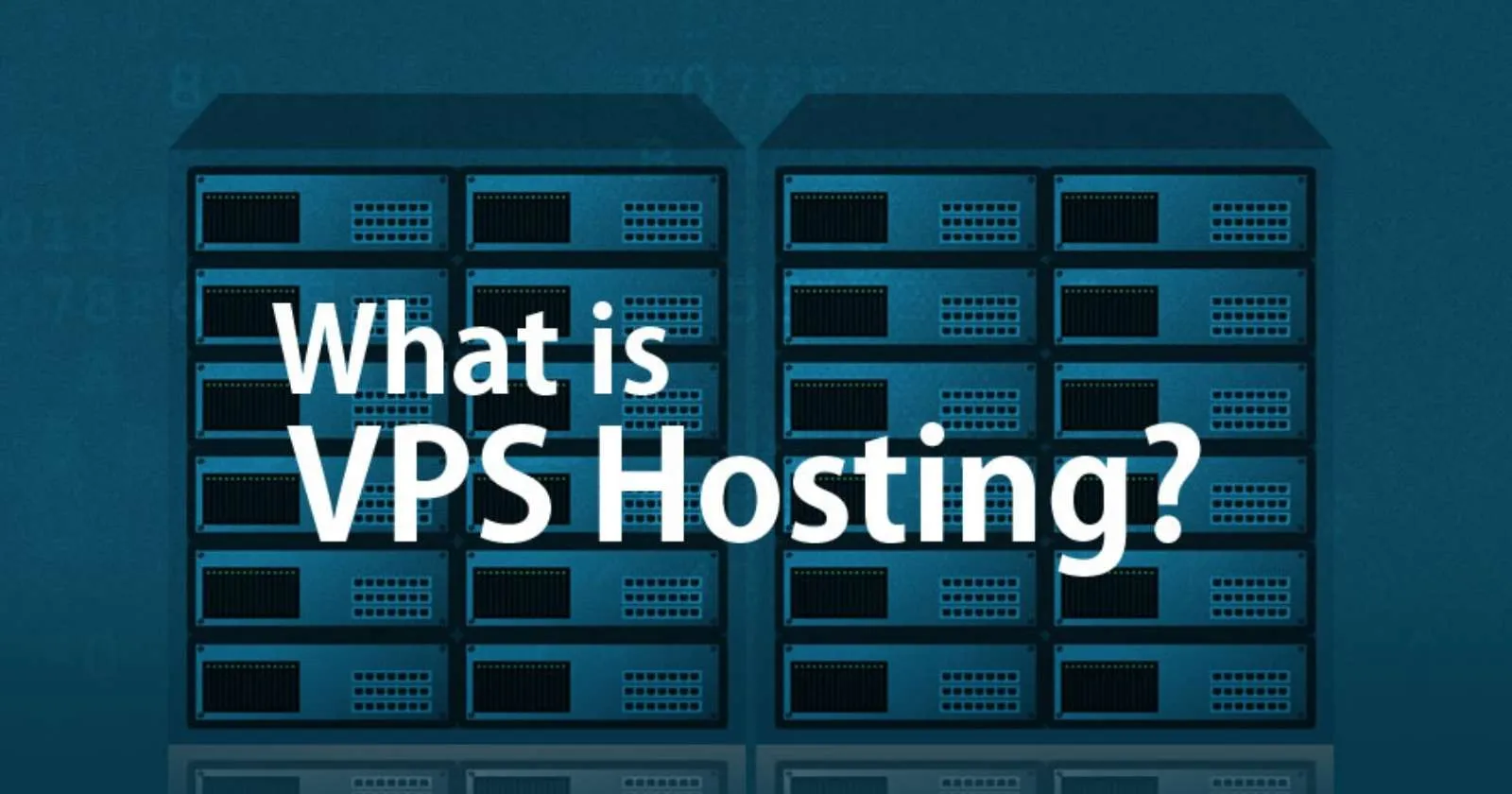VPS Server Hosting Explained: Features, Benefits & Comparisons
VPS server hosting, often shortened to just VPS hosting, stands for Virtual Private Server hosting. It represents a popular middle ground between the limitations of shared hosting and the higher cost of dedicated hosting. Using server virtualization technology, a single powerful physical server is partitioned into multiple isolated virtual servers. Each \”VPS server\” acts like an independent server with its own dedicated resources (CPU cores, RAM, disk space) and operating system (typically Linux or Windows), providing users with greater control and more reliable performance than shared environments.
Read also :DreamHost Hosting Review
Table of Contents
Key Features of VPS Server Hosting
Understanding the core features helps differentiate VPS server hosting from other types:
- Dedicated Resources: Unlike shared hosting, your website gets a guaranteed allocation of server resources (CPU, RAM), preventing performance degradation due to other users (‘noisy neighbours’).
- Isolation: Each VPS operates in its own isolated environment. Activities or security issues on one VPS generally do not affect others on the same physical machine.
- Root/Administrator Access: Most VPS plans provide root (Linux) or administrator (Windows) access, allowing installation of custom software and deep configuration of the server environment (especially with unmanaged VPS).
- Scalability: Resources can typically be scaled up (or sometimes down) relatively easily as website traffic or resource needs change, offering more flexibility than basic shared plans.
- Choice of OS: Providers often offer a choice of Linux distributions or Windows Server operating systems.
- Improved Security: The isolated nature provides better security than shared hosting, and root access allows for custom security configurations.
Benefits of Using VPS Server Hosting
- Enhanced Performance & Reliability: Dedicated resources lead to faster loading times and more stable performance compared to shared hosting.
- Greater Control & Customization: Root access enables tailored software installations and server settings unsuitable for shared environments.
- Cost-Effective Scalability: Provides a significant performance boost over shared hosting without the expense of a full dedicated server, making it ideal for growing sites.
- Better Security Potential: Offers improved security through isolation and the ability to implement custom security measures.
- Suitable for More Demanding Applications: Can handle higher traffic volumes, e-commerce stores, applications, and databases that might struggle on shared hosting.
Read also : Understanding Web Hosting Services
VPS Server Hosting vs. Other Hosting Types
Understanding the context is key:
- vs. Shared Hosting: VPS offers dedicated resources, better performance, more control, and enhanced security, but at a higher cost and often requiring more technical knowledge.
- vs. Dedicated Hosting: Dedicated hosting provides exclusive use of an entire physical server, offering maximum performance and control but at the highest cost. VPS is a virtual slice, making it more affordable while still powerful.
- vs. Cloud Hosting: Cloud hosting often utilizes a network of servers for high availability and easy scalability, sometimes overlapping with VPS features. Some VPS offerings are built on cloud infrastructure, blurring the lines. Traditionally, cloud hosting might offer more granular, pay-as-you-go scalability.
Consider a VPS server when your website outgrows shared hosting, requires specific software or configurations, or needs more reliable performance and better security without the budget for a dedicated machine.

Conclusion: The Value Proposition of VPS Servers
VPS server hosting bridges the gap between basic shared plans and expensive dedicated solutions. It provides a robust, scalable, and controlled environment suitable for a wide range of websites and applications, from busy blogs and e-commerce stores to development environments and small business applications. By offering dedicated resources within a virtualized framework, it delivers reliable performance and flexibility at a manageable price point, making it a popular choice for users seeking to upgrade their web presence.
Read also : How to Choose the Best Web Hosting Provider
Frequently Asked Questions about VPS Server Hosting
What is the difference between VPS and server hosting?
Often, server hostingis used broadly. VPS (Virtual Private Server) hosting is a specific type where a physical server is divided into multiple virtual servers, each with dedicated resources. Dedicated server hosting means renting an entire physical server. So, VPS is one type of server hosting.
Is VPS better than server?
Neither is inherently \”better\”; it depends on needs. A dedicated server offers more raw power and exclusivity but costs more. A VPS server offers a good balance of performance, control, and cost, suitable for many users upgrading from shared hosting.
When should I use VPS server hosting?
You should consider VPS server hosting when your website outgrows shared hosting limits, you experience performance issues due to shared resources, you need root access to install custom software, or require enhanced security and control.





